What is a Conjunction in English Grammar?
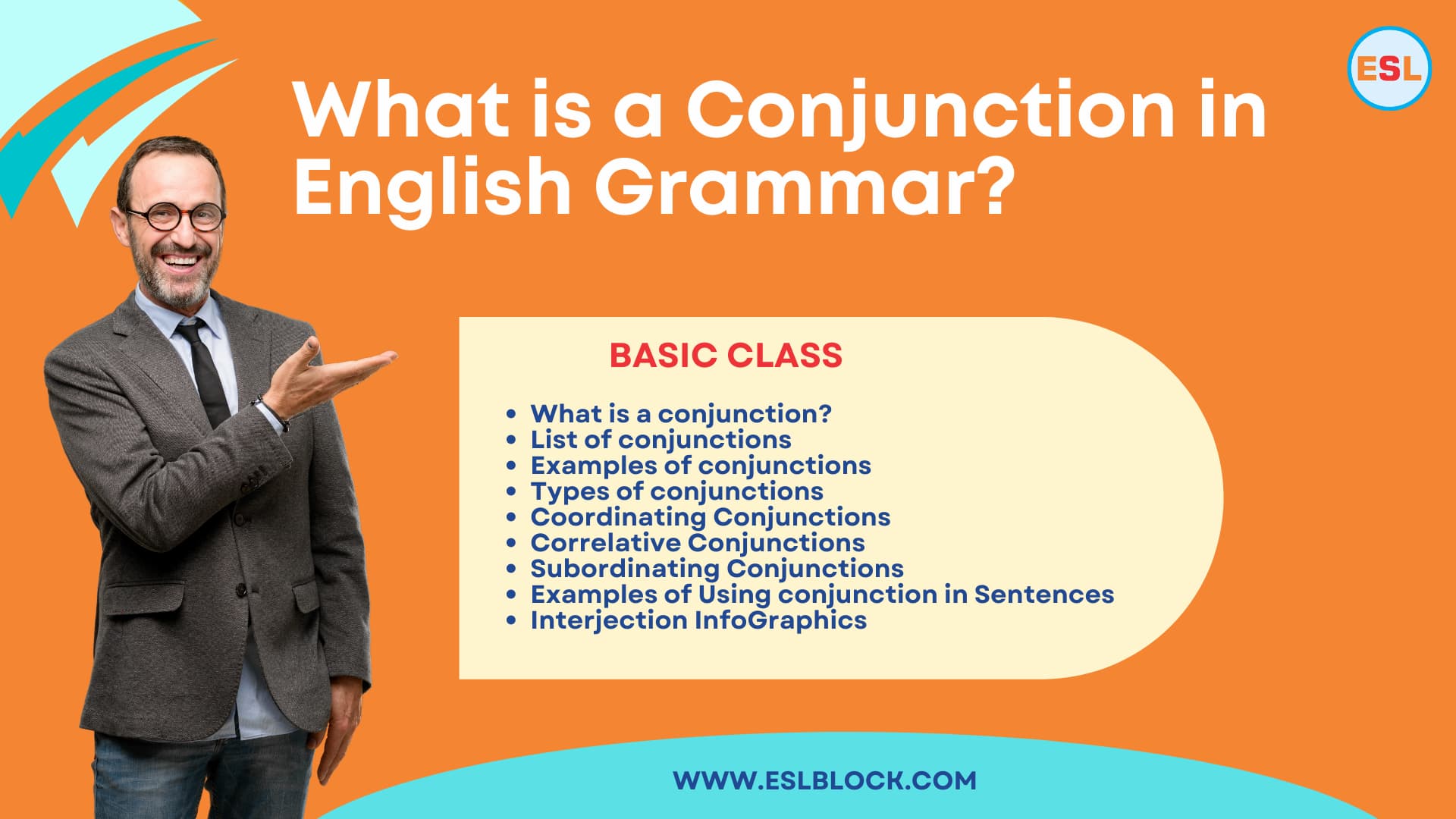
What is a Conjunction in English Grammar? If you’re oriented with English spoken language or the general language, you’ve probably heard of Conjunction. A conjunction is a word that is used to connect thoughts and ideas in a sentence. What are conjunctions? How do you use them in English writing? This article will discuss the meaning of conjunctions, the appropriate times to use them, and practice sentences of conjunctions.
As a guide, the below definitions and tables provide the fundamental use of the conjunction. Read on to get a more in-depth explanation of the rules and examples of when and how to use a conjunction.
Learn to use conjunction with example sentences and ESLBLOCK worksheets for printing.
Also read: Baby Farm Animals
What is a Conjunction?
The conjunction is a word used to connect thoughts and ideas within a sentence. They can be thought of as being the glue of the expression. Without the use of the conjunction, you’d be unable to convey the thoughts of your mind in a way that flows. Your sentences will be made to be concise and straightforward.
- I love cooking and eating, but I don’t enjoy cleaning dishes afterwards.
- Sophie is exhausted, yet she insists on dancing until dawn.
Conjunctions are words that connect other words, phrases or clauses. Conjunctions are one of the nine parts of speech.
Conjunction is a radically different part of speech from a verb, noun, pronoun, adjective, and the rest.
List of Conjunction
The following list shows some examples of some common conjunction;
- after
- and
- because
- but
- during
- however
- or
- since
- so
- than
- that
- unless
- while
Examples of Conjunction
Here are some example sentences using Conjunction!
- Olivia and Emma went up the hill.
- The water was warm, but I didn’t go swimming.
- I went hiking although it was cold.
- Charlotte is kind so she helps people.
- Lucas works quickly and carefully.
- The flower is red and blue.
- Whenever it rains, they stay inside and play games.
- We stay inside and play games whenever it rains.
- I am tired and hungry.
- William tried to buy some food, but the store was closed.
- Lions run faster than most other animals.
- I’ll eat strawberry, toffee, chocolate, or vanilla ice cream.
- The data was gathered through interviews and questionnaires.
- I don’t like to swim or run.
- He was lazy but honest.
Types of Conjunction
There are three main types of Conjunction.
- Coordinating Conjunctions
- Correlative Conjunctions
- Subordinating Conjunctions
Coordinating Conjunctions
Coordinating conjunctions authorise you to connect words, phrases, and clauses matching grammatical rank in a sentence. There are many coordinating conjunctions; let’s look at some of the most often used ones.
- and
- but
- for
- nor
- not
- so
- yet
Example sentences
- This shirt is hot and itchy.
- I’ll eat vanilla, chocolate, strawberry, or banana ice cream.
- Oliver would like a hamburger or a chicken burger for his lunch.
- Isabella needed to be somewhere quiet, so she took her purse and went to the park.
- My parents never had much money when I was growing up, but they arranged somehow.
Correlative Conjunctions
Correlative conjunction is used in pairs. They serve to connect the contents of a sentence. One of the golden rules for correlative conjunctions is that they should be equivalent in the grammatical sense. Examples of correlative conjunctions are as follows:
- as much/as
- as/as
- both/and
- either/or
- just as/so
- neither/nor
- no sooner/than
- not only/but also
- not/but
- rather/than
- the/the
- whether/or
Example sentences
- I do not like either the black ones or the green ones.
- Neither my sister nor my brother live with my parents anymore.
- I went not only to America but also to Russia.
- I’m not sure whether she will become a doctor or a teacher when she is older.
Subordinating Conjunctions
Subordinating conjunctions connect independent and dependent clauses. Subordinating words can signify an effect-cause relationship, a contrast, or any other connection to the two clauses. Subordinating common phrases are whereas, since, while, as, although, though, and because.
- after
- although
- as
- as if
- as long as
- as much as
- as soon as
- as though
- assuming that
- because
- before
- by the time
- even if
- even though
- how
- if
- in case
- in order
- now that
- once
- only if
- provided that
- rather than
- since
- since
- than,
- that
- though
- till
- unless
- until
- whatever
- whenever
- where
- whereas
- wherever
- whether
- which,
- whichever
- while
- whoever
- whom
- whomever
- whose
Example sentences
- Until the clock struck midnight, Ava could stay at the football.
- Before Sophia leaves, ask her to say goodbye
- Ask him to say goodbye before he leaves.
- Before Benjamin leaves, make sure his room is clean.
- I passed the exam easily because I studied really hard.
- Because Amelia studied really hard, she passed the exam easily.
- Noah went to school without eating breakfast because he woke up late this morning.
Conjunction InfoGraphics
Here are some printable infographics about conjunction. Printable infographics are a fantastic way to share a significant amount of details in a short time in a stunning way. The conjunction infographic can help teachers and students to share their thoughts easily.
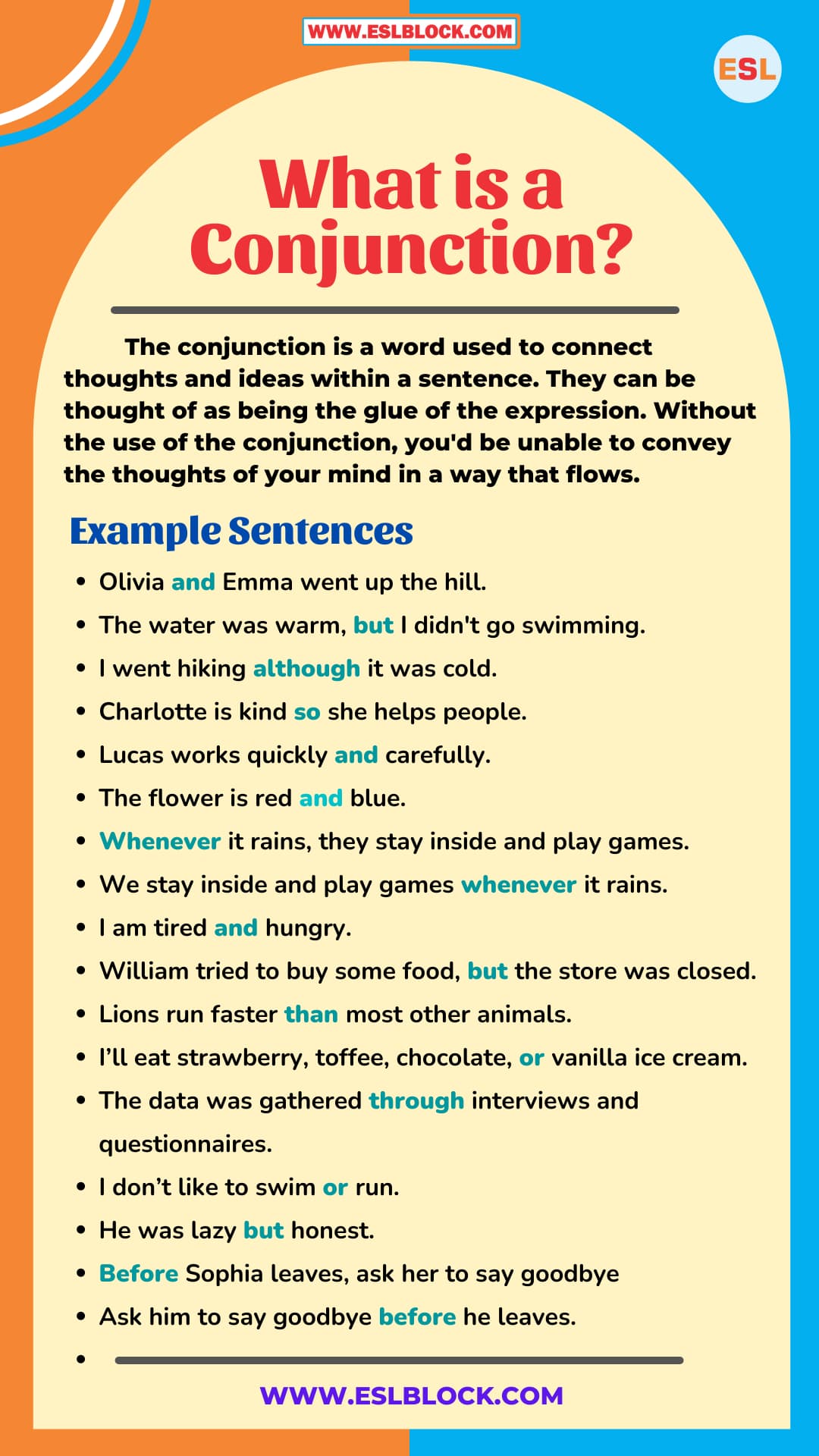
My Considerations
With this set of activities and explanations, you will quickly determine whether you are making the most effective use of the conjunction and how they could be used to enhance English writings.
Since the conjunction are the main part of English Grammar, the importance of developing English learning skills cannot be undervalued without Interjection.
You can read the above sample sentences about conjunction to improve your understanding of English grammar.
Encourage your children to learn these basic but commonly used conjunction, by following the simple example sentences given above. Then, save this list of conjunction sentences, handy for your kids in future.
If you enjoyed a printable infographic about What is an conjunction, I’d be very thankful if you’d help it spread by emailing it to your friends or sharing it on Pinterest, Reddit, Twitter, Instagram, or Facebook. Thank you!
Also read: Adjectives That Start With Y
Recap of what we just learned
- What is a conjunction?
- List of conjunctions
- Examples of conjunctions
- Types of conjunctions
- Coordinating Conjunctions
- Correlative Conjunctions
- Subordinating Conjunctions
- Examples of Using conjunction in Sentences
- Interjection InfoGraphics
With ESLBLOCK, you will not face problems studying new ideas. If you are in doubt, the qualities of blog post about What is a conjunction, reach us through our blog’s comment section. Keep checking back! We’ll attempt to give you feedback as early as possible. Thank you!
Also read: Adjectives That Start With Z
Related Topics
Explore the full list of Adjectives to Describe a Person from A to Z!
- A Adjectives to Describe a Person
- B Adjectives to Describe a Person
- C Adjectives to Describe a Person
- D Adjectives to Describe a Person
- E Adjectives to Describe a Person
- F Adjectives to Describe a Person
- G Adjectives to Describe a Person
- H Adjectives to Describe a Person
- I Adjectives to Describe a Person
- J Adjectives to Describe a Person
- K Adjectives to Describe a Person
- L Adjectives to Describe a Person
- M Adjectives to Describe a Person
- N Adjectives to Describe a Person
- O Adjectives to Describe a Person
- P Adjectives to Describe a Person
- Q Adjectives to Describe a Person
- R Adjectives to Describe a Person
- S Adjectives to Describe a Person
- T Adjectives to Describe a Person
- U Adjectives to Describe a Person
- V Adjectives to Describe a Person
- W Adjectives to Describe a Person
- X Adjectives to Describe a Person
- Y Adjectives to Describe a Person
- Z Adjectives to Describe a Person

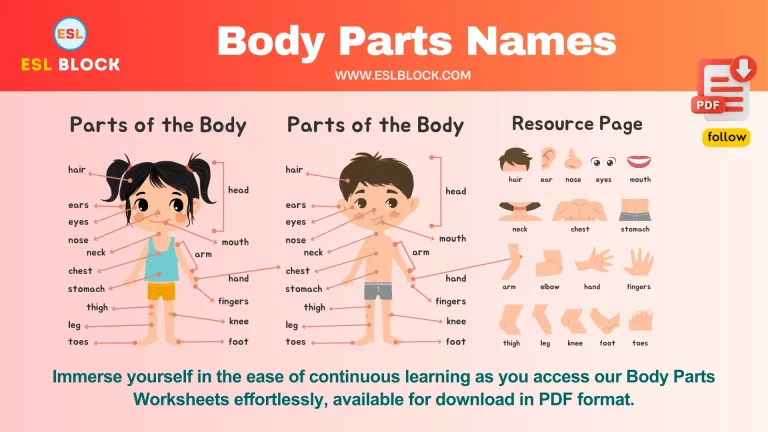
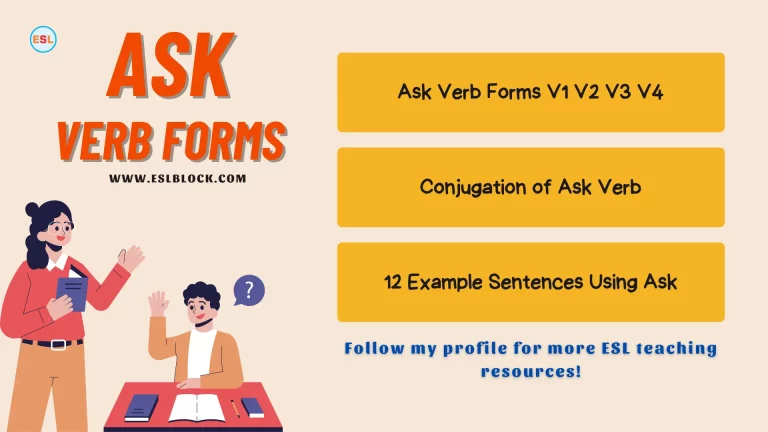
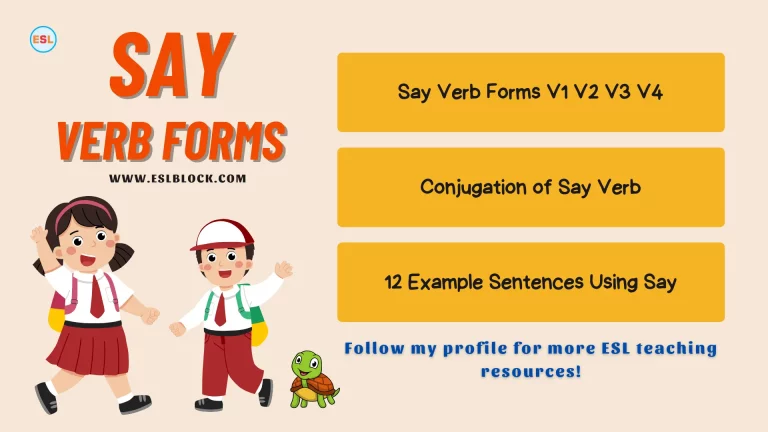
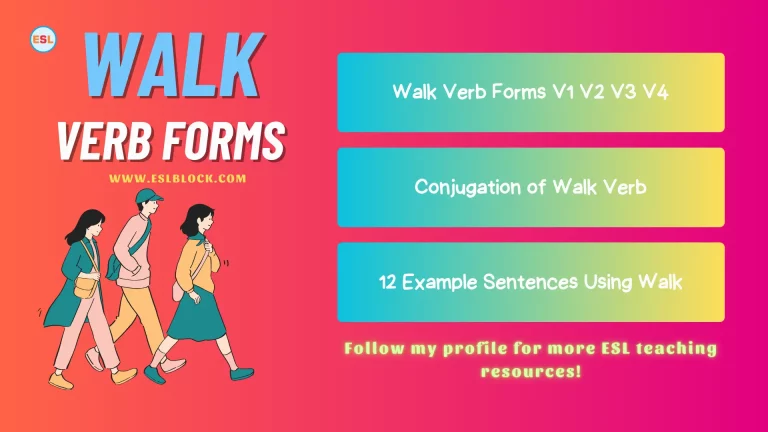
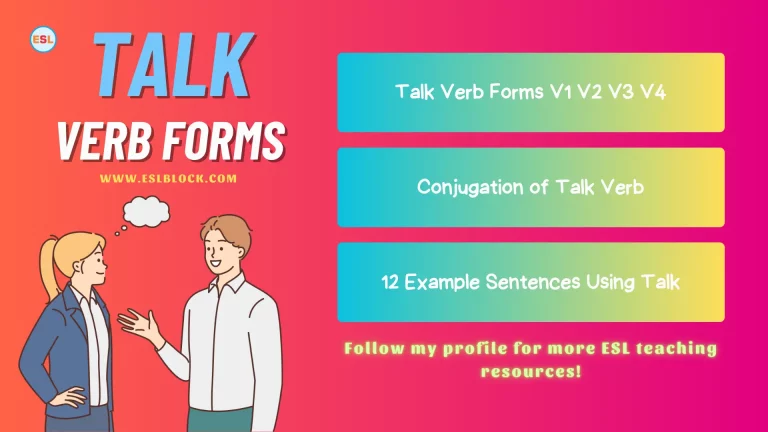
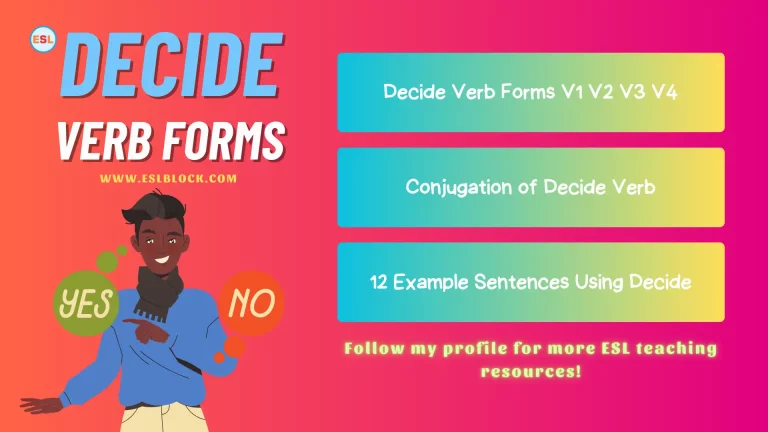
I want to know and study for my child .So, I will be joining to your website.
Is anything need to improve, I need suggestions.